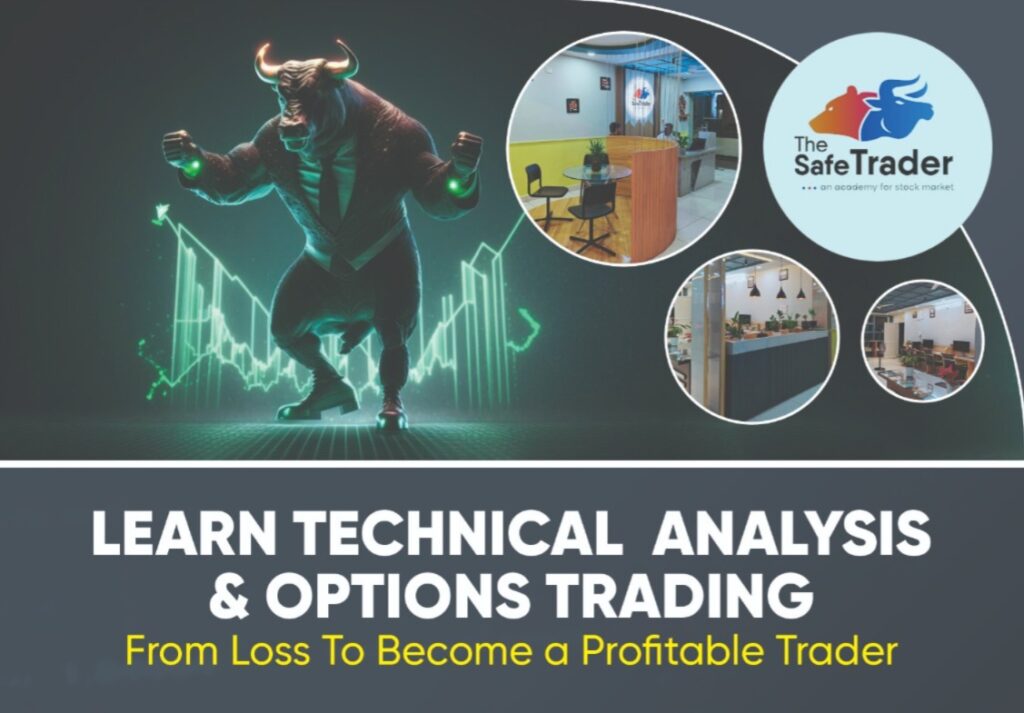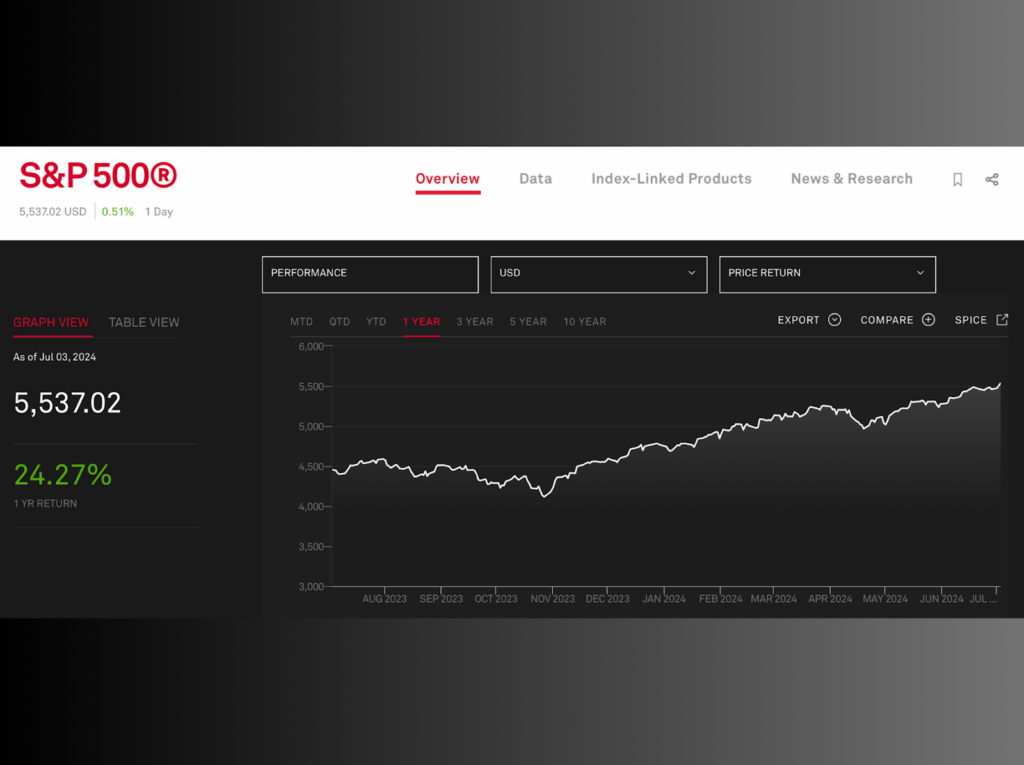Best Futures Trading Course in India
Learn the Art of Derivative Trading
Derivative trading in India has surged to the forefront of global markets, with India now ranked as the number one derivatives trading hub worldwide. This growth is fueled by advancements in internet connectivity, cutting-edge technology, AI tools, and disruptive ideas. The participation of the young generation from rural areas has also significantly contributed to this expansion.
To keep pace with India’s rapid growth as a global leader, our Derivative Trading course provides in depth training on how these markets work. If you’re looking to strengthen your trading foundation, our futures trading course also focuses on risk management and strategic trade execution in volatile markets.


Derivatives: Trading in Futures
This course provides a comprehensive introduction to the world of derivatives, focusing on future & options trading. It is ideal for those who want to learn derivative trading from the ground up. Participants gain the knowledge and skills needed to understand, analyze, and trade futures contracts with confidence. The course covers the fundamentals of derivatives, market mechanisms, trading strategies, risk management, and regulatory considerations.
This program, along with our futures trading course, offers the essential training required to analyze and execute futures contracts effectively in real market conditions.
Advantages of trading in F&O
📊 Leverage and Margin Efficiency
📊 Risk Management and Hedging
📊 Flexibility and Diversification
📊 Price Discovery and Market Efficiency
📊 Liquidity and Market Participation
Know the risks in Derivative Trading
Trading in derivatives is not without risks. According to SEBI reports, over 90% of traders incur losses in derivative trading due to its volatile nature and high liquidity. Despite these challenges, derivative trading offers the potential for passive income when approached with the right education and strategy. A deep understanding of technical analysis and trading strategies is crucial for success in this field.
With the right knowledge from our option trading course online, you’ll be better equipped to manage derivative trading risks and take smarter steps toward consistent returns.

Why The Safe Trader Academy is the Best for Derivative Trading
The Safe Trader Academy is dedicated to helping individuals become successful full-time traders. With NISM Certified Equity Derivative Traders, Research Analysts, and Commodity Derivative Traders, we provide comprehensive training to help you master future & options trading in the Indian market. Our goal is to equip you with the knowledge and skills to navigate the complexities of derivative trading effectively.
At The Safe Trader Academy, we also offer a complete Derivative Trading course, ensuring that you gain the right skills to succeed in futures and options trading across all market conditions.
- Expert Instructors
- Practical Approach
- Cutting-Edge Resources
- Personalized Mentorship
- Comprehensive Curriculum
- Community & Networking
- Proven Track Record
- Flexible Learning Options
- Focus on Risk Management
- Commitment to Excellence
JOIN THE COURSE FOR FREE
Our Futures Trading Course is designed to help traders gain a strong foundation in the derivatives market, covering both futures and options trading in a practical and easy-to-understand manner. This comprehensive Derivative Trading Course focuses on market structure, contract selection, margin requirements, and risk management strategies. If you want to learn derivative trading from basics to advanced levels, this program provides step-by-step guidance with real market examples.The course also includes specialized option trading courses that explain option chains, Greeks, strategies, and hedging techniques in depth. Through this online option trading course, learners can trade confidently using data-driven strategies and disciplined execution. Whether you are looking for an option trading course online for career growth or consistent trading income, this training equips you with the skills required to succeed in the derivatives segment.
Get it started for Free
text on our whatsapp

free on-boarding

start free trading sessions
Derivatives: Future & Options Course Syllabus
Introduction to Derivatives
✓ Overview of derivatives markets
✓ Types of derivatives: forwards, futures, options, and swaps
✓ Economic functions and benefits of derivatives
Understanding Futures Markets
✓ Structure of futures markets
✓ Key players in futures trading
✓ Trading mechanics: orders, margins, and settlement
Futures Pricing and Valuation
✓ Pricing models for futures contracts
✓ Cost of carry model
✓ Basis and convergence
Trading Strategies for Futures
✓ Hedging strategies using futures
✓ Speculation and arbitrage opportunities
✓ Spread trading techniques
Analyzing Option Chain
✓ Understanding the option chain layout
✓ How to read and interpret option chain data
Call and Put Options
✓ What are call options and how they work
✓ What are put options and how they work
Option Pricing Basics
✓ Factors affecting option prices
✓ Introduction to the Black-Scholes model
Analyzing Option Chain
✓ Understanding the option chain layout
✓ How to read and interpret option chain data
Open Interest and Volume
✓ Importance of open interest and volume in options trading
✓ Analyzing market sentiment using open interest and volume data
Option buying strategy
✓ Basic strategies: Long call, long put, covered call, cash-secured put
✓ Intermediate strategies: Spreads, straddles, and strangles
Trading Options on Indices
✓ Overview of index options
✓ Strategies for trading index options
What is ATM, ITM, & OTM
✓ Definitions and significance of At The Money (ATM), In The Money (ITM), and Out of The Money (OTM) options
✓ How to choose the right option based on moneyness
Options Trading on Expiry Day
✓ Unique characteristics of trading options on expiry day
✓ Strategies and risks associated with expiry day trading
Commodity Options Trading
✓ Introduction to commodity options
✓ Strategies for trading commodity options
Index Options Trading
✓ Detailed analysis of index options
✓ Trading strategies specific to index options
Stock Option Trading
✓ Introduction to stock options
✓ How to trade stock options effectively
Basics of Greeks
✓ Understanding the Greeks: Delta, Gamma, Theta, Vega, Rho
✓ How the Greeks affect options pricing and trading strategies
Practical Options Trading Sessions
✓ Real-time trading simulations and practice sessions
✓ Applying strategies and concepts learned
Course Review and Q&A
✓ Recap of key concepts and strategies
✓ Open Q&A session for addressing any questions or doubts
JOIN THE COURSE FOR FREE
General FAQs
Derivatives are financial instruments whose value is based on an underlying asset like stocks, bonds, or market indices. In our derivative trading course, you’ll learn how they are used to hedge risks, speculate on price movements, and gain access to various markets. The course covers futures, options, and swaps with real-life trading examples.
Futures are contracts that require the buyer and seller to trade a specific asset at a fixed price on a future date, while options give the buyer the right (not obligation) to buy or sell before expiry. Our online option trading course breaks down these differences and shows how to trade each type with precision.
Index futures and options let you speculate on indices like Nifty 50 or Sensex. Through our futures trading course, you’ll learn to open trading accounts, analyze indices, and place trades using professional platforms. We also guide you on margin, expiry, and risk control.
Expiry day trading is when traders buy or sell contracts on the last day before they expire, often leading to volatility. Our option trading courses teach how to approach expiry days with strategies that minimize risk and take advantage of price swings.
Choosing the right strike price depends on your risk appetite and market view. In our option trading course online, we explain how to analyze volatility and price action to select strike prices that match your trading goals and risk tolerance.
Open interest shows the number of open contracts in the market. It helps you understand liquidity and price strength. If you want to learn derivative trading, this is a key concept covered in depth through live examples and market data in our course.
Managing risk involves using stop-losses, diversifying trades, and having a solid trading plan. Our derivative trading course teaches you these strategies while focusing on how to protect capital across both futures and options markets.
Margin requirements are the funds you need to place or hold a derivatives trade. In our futures trading course, you'll learn how margin works, how it's calculated, and how to maintain positions effectively without overleveraging your capital.
Market conditions, like volatility, interest rates, or news events, impact derivatives pricing and risk. Our option trading course online helps you understand how to adapt your trading plan to changing market scenarios using real-world data.
The Safe Trader Academy provides hands-on training to help you learn derivative trading through practical strategies in futures and options. Our instructors simplify complex topics and guide you through real-time analysis, making it easier to succeed in India’s dynamic derivatives market.



